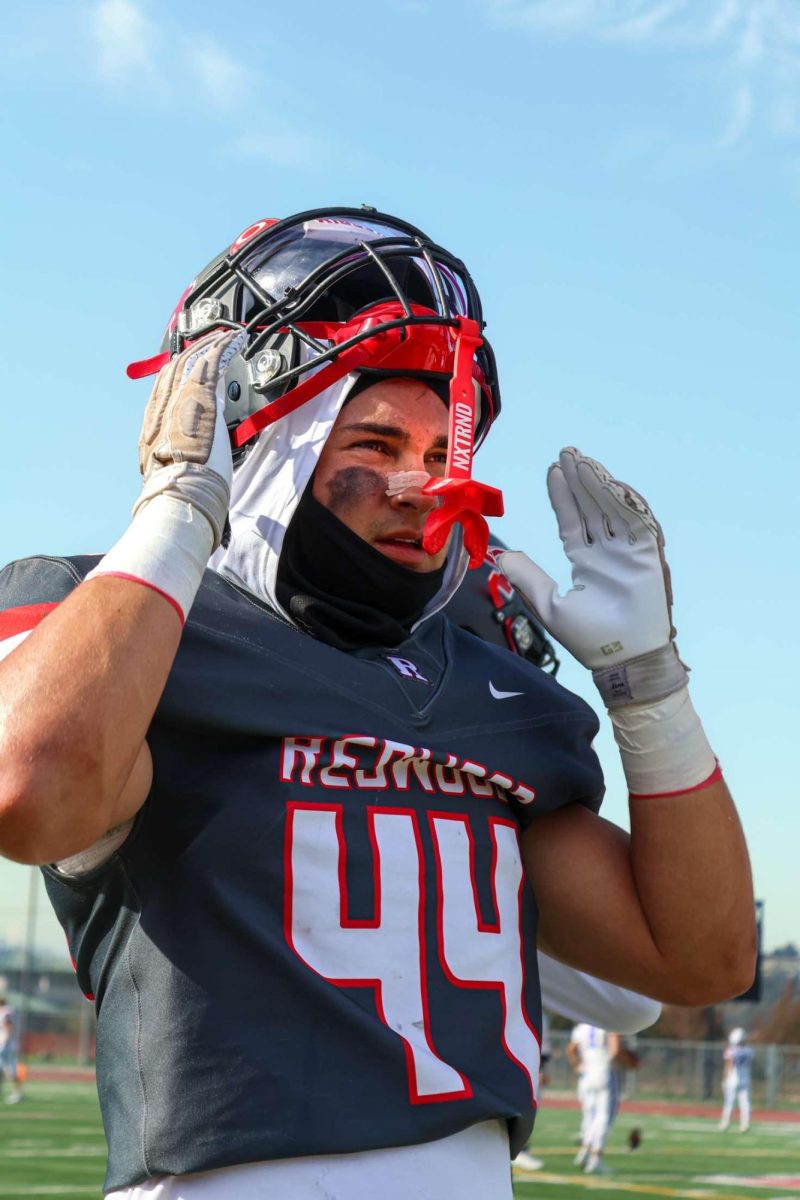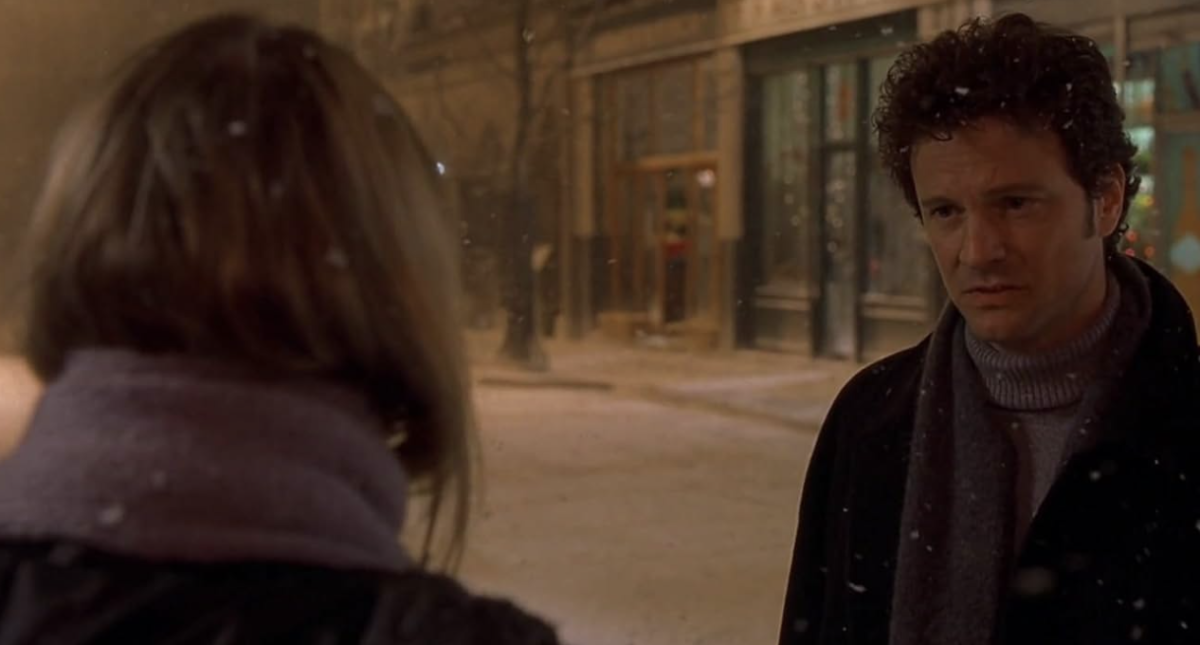As teenagers, most of us don’t face life-altering decisions on a regular basis. We choose what to eat for breakfast, where to go out to lunch, and where to buy our lattés.

But what if a single decision defined who we would become for the rest of our lives?
This is the premise for 25-year-old author Veronica Roth’s bestselling Divergent trilogy, which is currently being adapted to a film series starring Shailene Woodley, Kate Winslet, and Theo James. The first, Divergent, is set to release March 20.
On October 22, amidst this anticipation for the film, Roth released the latest and final installment in the trilogy, Allegiant.
Unfortunately, Allegiant fails to live up to its previous two counterparts, even with its jaw-dropping conclusion.
With a plotline that has run dry, it seems as if Roth is squeezing every last sentence out of what was once an imaginative story, but now feels like a string of mindless battles with a few brief romance scenes.
Tobias Eaton, formerly known as ‘Four,’ and Tris Prior used to live in a world governed by one decision they would make at the age of 16: which faction to join. Society was split into five groups, called factions, that each epitomize a human virtue: intelligence (Erudite), honesty (Candor), bravery (Dauntless), peacefulness (Amity), and selflessness (Abnegation).
In Divergent, Tris, craving an escape from the bland lifestyle of her native Abnegation faction, boldly transferred to Dauntless, and underwent a rigorous initiation process to become a member of the faction. However, conflict was brewing between the factions, and Tris’ life was at risk because of a secret about herself that, if revealed, would cause many people to want her dead.
Now, two books later, this faction-based society has been overthrown, and Tris and Tobias are more eager than ever to explore the outside world and search for answers. This search leads the two to the discovery of the true purpose of their city, a secret that has been kept from them for far too long, and they are determined to do something about it.
Divergent was an incredible debut novel for the then 22-year-old Roth, and Insurgent, while not quite as good as the first book, was still an enjoyable and thrilling read. Allegiant, however, lacks the spark of the previous two novels. Reading it was similar to the experience of reading the third Hunger Games book, Mockingjay — the characters eventually became unlikeable and the plot seemed to drone on and on.
Unlike the previous two books, Allegiant is told from the perspective of both Tris and Tobias. While the addition of Tobias’ point of view was initially a promising aspect of the novel, Roth fails to achieve a clear distinction between Tobias’ and Tris’ perspectives. I often found myself confused halfway through a chapter as to who the narrator was, and the only clear distinction between the two characters’ voices was the label at the beginning of each chapter identifying the narrator.
Tris does undergo some positive character development, replacing her obsession with self-sacrifice with a clear head and a strong will to survive, making her a much stronger female protagonist.
Yet, while Tris’ character improved dramatically from the last novel, her relationship with Tobias did not. In Divergent, their love was passionate and thrilling, but ever since Insurgent, their relationship has become strained and tense. The cycle is always the same: they vow to never lie to each other, one of them breaks that promise, the other is angry but eventually forgives them, and they make the promise again. Even though the lies are less frequent and more minor in this novel, their relationship still seems strained, and the romantic scenes that do occur between the two are rushed and abrupt.
Despite all of this, Roth still does know how to write a suspenseful battle scene, and, while in the first half of the novel there seems to be a superfluous amount of violence and fighting, the gripping conclusion redeems the book considerably. Although it was clear that a plot-twist was forthcoming in the novel — otherwise it would have been a dull, disappointing end to the trilogy — it is nearly impossible that anyone could have predicted the shocking end to the trilogy.
Even though Allegiant was a disappointment, I’d still recommend reading the trilogy in its entirety, as overall it has an intriguing and creative plotline.






